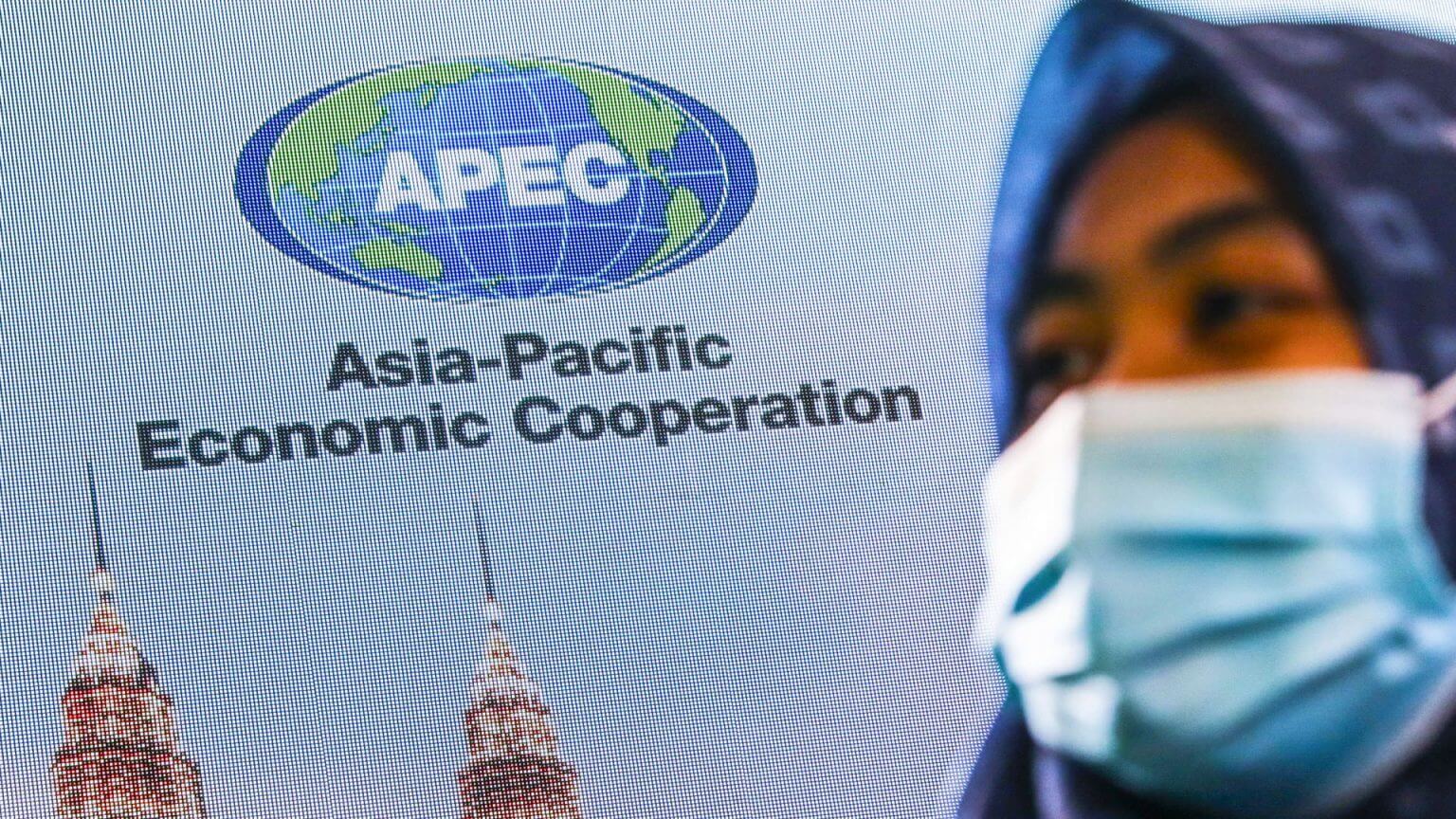Malaysian Prime Minister Muhyiddin Yassin is set to host the Asia-Pacific Economic Cooperation’s (APEC) Economic Leaders’ Meeting later today. Ahead of the November 20 summit, APEC leaders met virtually for the first time, to discuss open and multilateral trade to reinvigorate the global economy, fraught by the coronavirus pandemic. The meeting was attended by 20 of the 21 APEC member States, with the US being a no-show.
Malaysia, who is hosting the meeting for the second time, is expected to launch the grouping’s Post-2020 Vision today. This is a policy set to replace the “Bogor Goals” which was adapted in Bogor, Indonesia, in 1994, and called on APEC economies to achieve free and open trade by 2020.
This meeting comes after two years as the last one was called off following violent protests in Chile. At yesterday's chief executives’ conference, the US was scheduled to deliver a keynote address titled “The Future of Trade”, but remained absent from the proceedings. However, it is expected to attend the meeting tonight. The US last attended an APEC meeting in 2017 hosted by Vietnam and has since followed an aggressive “America First” policy under President Donald Trump. Trump has pulled out of a few important multilateral dialogues in the past, including the Trans-Pacific Partnership (TPP) in 2017. More recently, US leadership was also absent from the Regional Comprehensive Partnership Agreement (RCEP) that was signed by 15 countries last week. Trump’s introduction of protectionist trade policies in the past have been met with disapproval by several nations, especially China, who faced tariffs on goods worth billions of dollars, and a trade war ensued between the two nations. Though it is yet to be seen if president-elect Joe Biden will reverse much of Trump’s policies, he has hinted at a return to multilateralism that was pursued under the Obama administration. Chinese President Xi Jinping delivered his keynote address which highlighted China’s increasing influence over Asia. In his speech, Jinping rejected protectionist policies and reiterated that globalization was inevitable and “irreversible”.
Some members hoped for better engagement with the US under the Biden administration. Canadian PM Justin Trudeau said that Biden was headed in the right direction in positioning a “very present United States” in the US’ engagement with multilateralism and climate change and also urged nations to take a firm stance against China’s “coercive diplomacy”. Singaporean PM Lee Hsien Loong said that he expected the US to take a more multilateral approach under the Biden administration with more support to the WTO as well because trade policies under Trump had caused “very slow” progress.
In the 2018 meeting, APEC members had failed to sign a joint communique for the first time ever, given the US and China were positioned at opposite ends of the spectrum on trade and investment. This year also, tensions between the two remain high following the military drills the US has conducted with other allies in the South China Sea, where Chinese influence is expanding, but the APEC grouping would benefit from a more cohesive US-China relationship.

